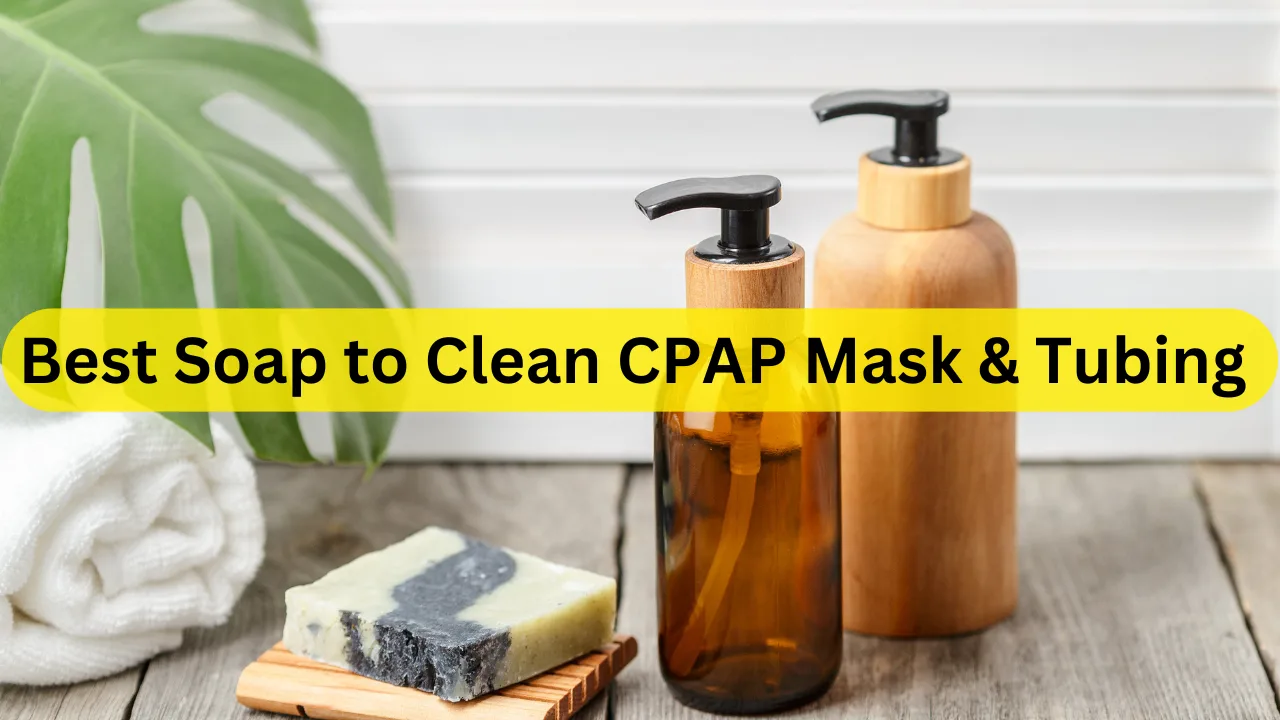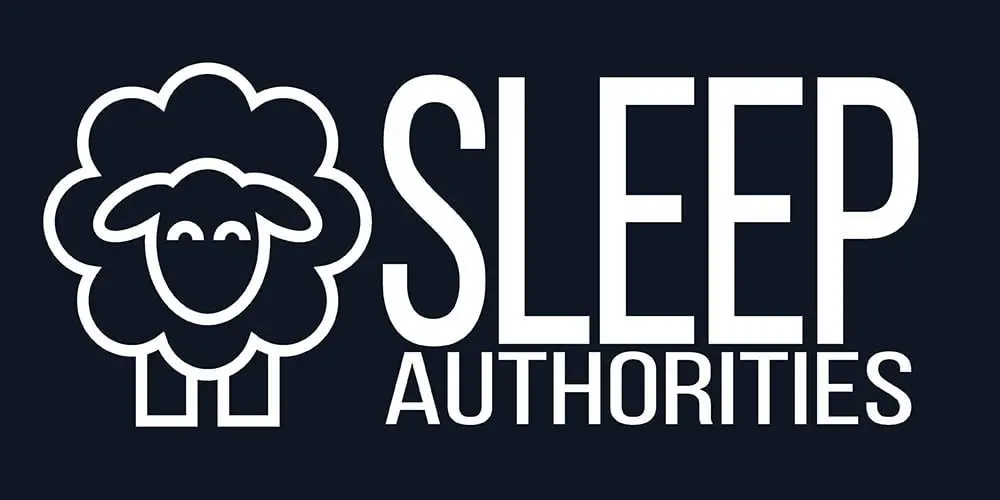Cleaning your CPAP (Continuous Positive Airway Pressure) mask and tubing isn’t just about hygiene—it’s about protecting your health and ensuring your sleep therapy remains effective. Each night, your equipment comes in contact with moisture, oils from your skin, and airborne particles. If left uncleaned, this can lead to bacteria growth, mold, mineral buildup, and even respiratory infections.
In 2025, many CPAP users are skipping expensive automated machines and choosing simple, affordable, and safe soaps. But not all soaps are safe for your CPAP setup. It’s essential to avoid harsh chemicals, added fragrances, and moisturizing additives that can leave residue or damage sensitive components.
Below, we break down why CPAP cleaning matters and what types of soap are best suited for the job.
Why CPAP Cleaning Matters
Regular cleaning keeps your equipment free from harmful buildup and ensures consistent airflow. Dirty CPAP gear can cause:
- Sinus infections or irritation
- Worsening allergy symptoms
- Unpleasant odors
- Shortened equipment lifespan due to mineral deposits
Risks of Unclean Equipment
Neglecting your CPAP hygiene can lead to more than just inconvenience. Moist environments inside the tubing and mask can grow bacteria or mold. This can irritate your lungs, trigger asthma, or lead to chest infections over time.
Can I Use Any Soap for CPAP?
No. You should never use heavily scented, antibacterial, or oily soaps on CPAP masks or hoses. These products can:
- Leave residue in your airway
- Break down silicone seals
- Trigger allergic reactions or lung irritation
Best practice: Use a gentle, unscented soap that rinses clean and contains no dyes, parabens, or sulfates.

What to Look for in CPAP Soap: Safe Cleaning for 2025
Cleaning your CPAP mask and tubing with the right soap is just as important as using the machine itself. Regular maintenance helps reduce health risks, prevents buildup, and extends the life of your equipment. Here’s how to choose the safest and most effective soap for your CPAP gear.
Avoid These Ingredients
Some ingredients can damage your equipment or irritate your lungs and skin. When shopping for CPAP-friendly soap, avoid:
- Fragrances and perfumes – can trigger allergies or respiratory issues
- Dyes and artificial coloring – unnecessary and often irritating
- Antibacterial agents – too harsh for soft silicone components
- Bleach or ammonia – can break down plastic and tubing
Safe Features to Look For
Choose soaps that are:
- Unscented or fragrance-free
- Free from parabens, sulfates, and phthalates
- Plant-based or hypoallergenic
- Gentle enough for sensitive skin
Top Soaps for Cleaning CPAP Mask & Tubing in 2025
1. Dr. Bronner’s Unscented Liquid Soap
- Organic and vegan
- No foaming agents or preservatives
- Ideal for sensitive users
2. Ivory Dishwashing Detergent (Fragrance-Free)
- Mild, gentle formula
- No harsh chemicals
- Affordable and widely available
3. Johnson’s Baby Shampoo
- Tear-free and hypoallergenic
- Free from dyes, sulfates, and parabens
- Great for users with allergies
4. Seventh Generation Free & Clear Dish Soap
- Plant-based, fragrance-free
- USDA BioPreferred Certified
- Effective but gentle cleaning
Using any of these options ensures your CPAP stays clean without risking your health or damaging your equipment.
More CPAP Tips and Resources
Maintaining your CPAP gear properly involves more than just daily cleaning—it also means improving your sleep environment, staying informed, and connecting with others who share the same journey.
Recommended Pillows and Cleaning Machines
- CPAP Pillows: Designed with side cutouts to reduce mask pressure and improve neck alignment
- Cleaning Machines: Use activated oxygen (ozone) or UV light to sanitize masks and tubing. Popular models include SoClean, Sleep8, and Lumin. Always check your mask’s compatibility with cleaning devices.
Forum Advice and CPAP Community Picks
Engage with trusted online forums like:
- CPAPtalk and ApneaBoard for peer support
- Reddit’s r/CPAP for user reviews and setup tips
Common community picks include:
- Using distilled water to reduce buildup
- Keeping a backup mask or tubing set
- Air-drying equipment daily to prevent mold
Medical Disclaimer
This guide is for informational purposes only and is not intended as a substitute for professional medical advice, diagnosis, or treatment. Always consult your sleep specialist or healthcare provider regarding your CPAP cleaning routine or any concerns related to sleep apnea equipment use.






